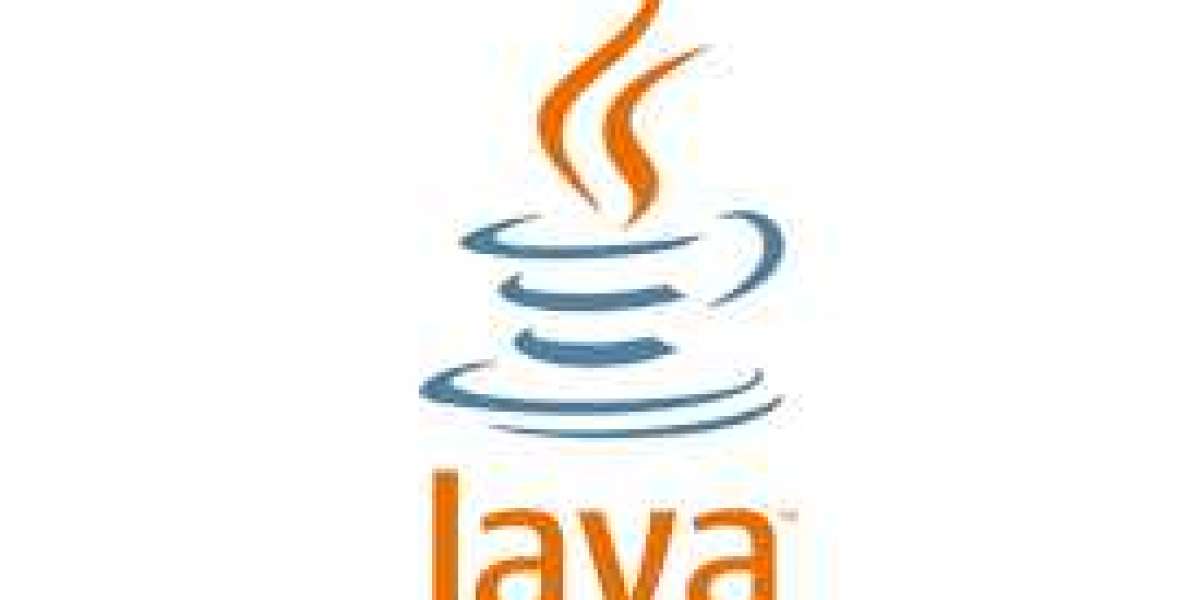A newlong-term, assistance Java release is right close to the mark. Let's look back and examine some of the reasons Java is still the best software programming language for the modern day software development.
1. Java is a breeze to master
Each programming language has a the possibility of learning, but Java has a lot in common with C, C++ and JavaScript. Anyone who is familiar with any of those languages can learn Java syntax in a short time.
Java has a precise and reliable set of rules that regulate the structure of code. This is in stark contrast to other scripting languages without typing where it's all or nothing. When you are trying to learn the new programming language, having a set of clearly enforced rules will make learning more easy.
Additionally in the event that things do not make sense, those who are new to Java can access a robust help network made up of YouTube videos, sites like StackOverflow and forums on the internet like CodeRanch for answers to all kinds of questions.
2. The extensive collection of Java APIs
The Java API is a vast. The standard JDK includes more than 200 pre-installed packages that include Java APIs that can do all kinds of things starting from parsing XML to changing time zones. When developers implement Java EE APIs Jakarta EE APIs and Java EE APIs, they get an even larger collection of APIs that can be used for the creation of complexmiddle-tier apps and cloud-native microservices.
However, the vast array of Java APIs is far more extensive than the ones endorsed by Oracle or facilitated through Jakarta.
In order to store and persist data you can use an application called the JBossHibernate project. For development of cloud-native microservices using Java There's the complete range of Spring Boot APIs. There's also many open-source Apache API projects that address the wide array of applications for software development including aggregating error messages using log4j to solving complex problems using HashMaps and Iterators that are fail-safe via The Apache Commons Collections API.
The vast array of Java APIs that developers can access help in the development of reliable, error-free software.
3. Java's tool ecosystem
The landscape of application development is full of tools for development in Java by Java developers. They are designed to streamline and simplify the creation, deployment and even decommissioning Java applications. A few examples of programs that are written by Java developers Java include:
- Gradle is a robust open-source build tool.
- Maven is an open source tool created to solve problems with dependency management
- Jenkins: a Java-based , continuous delivery and integration tool
This isn't an all-encompassing list of Java's tools ecosystem. Other examples of technologies and tools that are written in Java include applications servers like Tomcat to Red Hat's Kubernetes-based, popular Java stack known as Quarkus.
Other programming languages don't have the same amount of support for tools that Java has and helps cement Java as the top programming language.
4. First-order Android Support
Android is the most popular mobile phone operating system as well Java is the most widely used programming language used in Android app development.
Although Android's version of Java isn't as exact as the one you'd see within Java Standard Edition or JDK, Google did copy over 11,500 lines of code from Java Standard Edition when they created their Java replica. Therefore developers can be sure from the Java version on Android that Java that they get on Android is quite similar to the original version.
If you're proficient at writing Java code for server-side or desktop applications, you'll be able to master Android development in a short time. The subtle differences between JVM as well as the Dalvik Android Runtime will all be easily abstracted for you following a short learning curve. When developers are proficient in Java and the Java Runtime, everything in the Android ecosystem will be available to them.
5. Forward evolution and backward compatibility
Java changes slowly however, it is able to evolve. With more than 25 years of progress, Java has plenty of innovations to be proud about.
Starting with the modularity bulletproof system , which was introduced in conjunction with Project Jigsaw, to the recent addition that comes with functional programming within Java using lambda functions Java continues to make major modifications that the community wants.
The incremental additions to the non-LTS versions like inclusion of the brand new Record data type and garbage collectors that provide better memory management, show the fact that the JDK is always evolving.
In the software development industry for enterprise backwards compatibility can be just as crucial as adding new features. Java has always placed this an absolute priority for the people who oversee the language. Rarely does an extensive update or feature add-on cause issues for code written against older versions.
I've personally built and packaged some complex code written over 20 years ago and it worked flawlessly when I used the most current Java 17 release. If enterprise clients are confident that they won't have any issues when they do an JVM upgrade, it's another reason for why they decide to stick to Java as the most reliable programming language.








